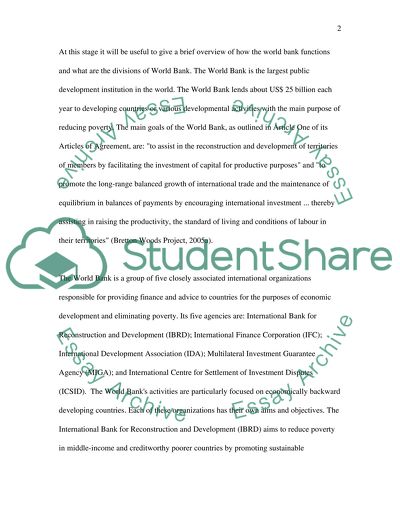Cite this document
(World Bank and International Monetary Fund Term Paper, n.d.)
World Bank and International Monetary Fund Term Paper. Retrieved from https://studentshare.org/finance-accounting/1511179-critics-of-the-world-bank
World Bank and International Monetary Fund Term Paper. Retrieved from https://studentshare.org/finance-accounting/1511179-critics-of-the-world-bank
(World Bank and International Monetary Fund Term Paper)
World Bank and International Monetary Fund Term Paper. https://studentshare.org/finance-accounting/1511179-critics-of-the-world-bank.
World Bank and International Monetary Fund Term Paper. https://studentshare.org/finance-accounting/1511179-critics-of-the-world-bank.
“World Bank and International Monetary Fund Term Paper”, n.d. https://studentshare.org/finance-accounting/1511179-critics-of-the-world-bank.


